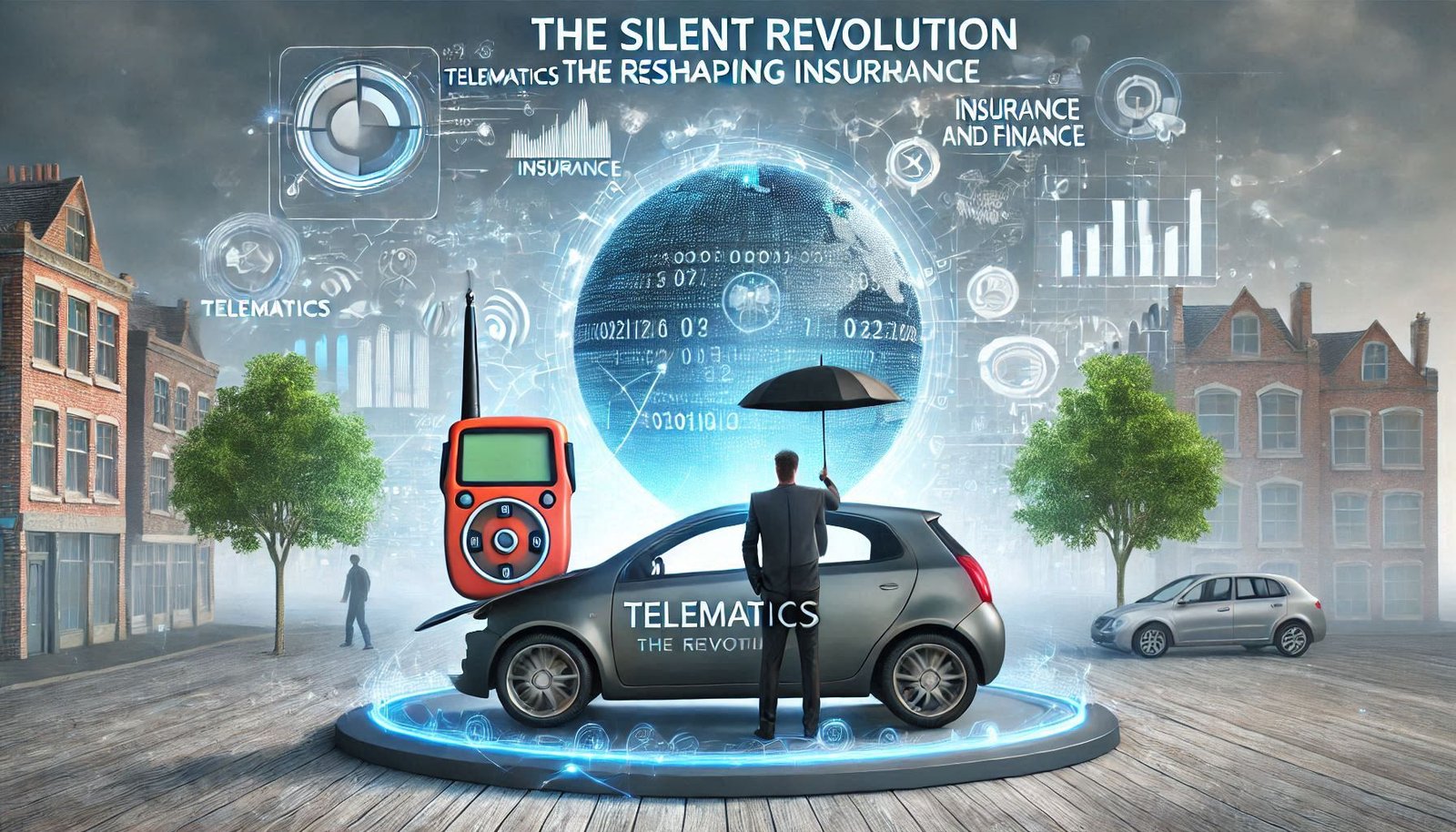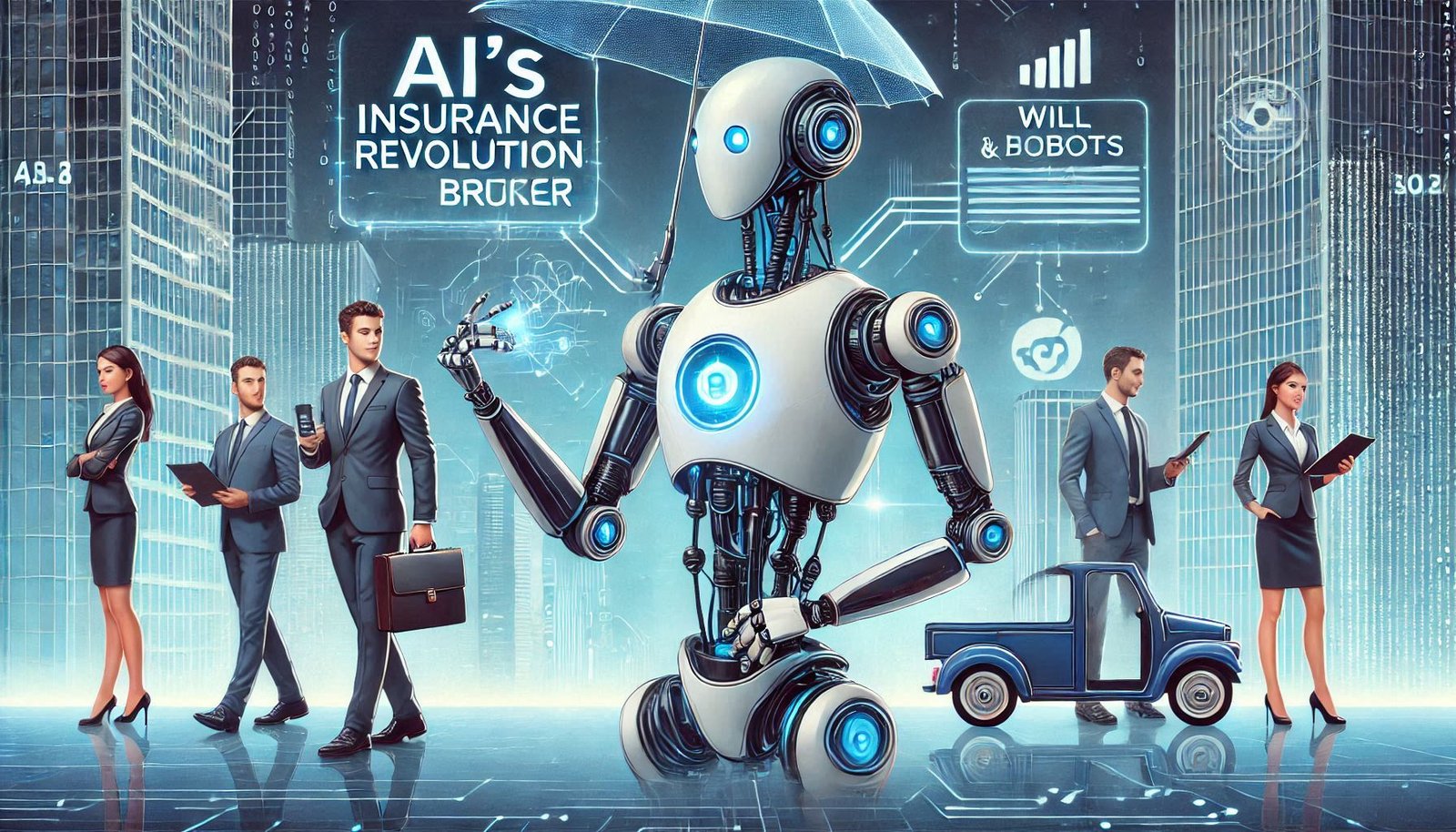AI Doctors: Are Human Physicians Becoming Obsolete?
The rise of artificial intelligence (AI) is transforming industries across the board, and healthcare is no exception. From diagnosing diseases to personalizing treatment plans, AI is poised to revolutionize how we approach medicine. But does this mean human physicians are on their way out? Not quite. This article explores the exciting, sometimes unnerving, intersection of AI and healthcare, specifically within the burgeoning field of telemedicine. We’ll examine how AI is changing the game, the challenges and opportunities it presents, and ultimately, whether your family doctor should be updating their resume. Spoiler alert: it’s more about collaboration than replacement.
(1) Current State of Telemedicine: Virtual Assistants and Chatbots
Telemedicine, once a niche market, exploded in popularity during the COVID-19 pandemic. While video consultations with doctors became the public face of this shift, behind the scenes, AI-powered tools like virtual assistants and chatbots were quietly transforming patient engagement. These digital helpers now handle everything from appointment scheduling and medication reminders to providing basic healthcare information and answering frequently asked questions. This frees up human clinicians to focus on more complex cases and personalized care.
The current trend is towards more sophisticated chatbots capable of understanding natural language and even detecting emotional cues. These advancements are improving patient adherence to treatment plans and providing a more empathetic user experience. However, challenges remain. Data privacy and security are paramount concerns, as is ensuring the accuracy and reliability of the information provided by AI. Opportunities lie in integrating these tools with electronic health records (EHRs) and developing more personalized, predictive algorithms.
(2) Key Insights and Analysis
The integration of AI in telemedicine isn’t just about convenience; it’s about improving healthcare outcomes. AI-powered diagnostic tools can analyze medical images with remarkable accuracy, assisting radiologists in identifying subtle anomalies that might be missed by the human eye. Predictive analytics can identify patients at high risk for developing chronic conditions, enabling proactive interventions. Furthermore, AI can personalize treatment plans based on individual genetic profiles and lifestyle factors, leading to more effective and targeted therapies.
However, the ethical implications of AI in healthcare are substantial. Bias in algorithms, the potential for job displacement, and the need for clear regulatory frameworks are all crucial considerations. Experts emphasize the importance of human oversight and the need to develop AI tools that augment, rather than replace, human clinicians.
(3) Outlook and Predictions
The future of telemedicine is intertwined with AI. We can expect to see increased adoption of AI-powered diagnostic tools, personalized medicine platforms, and remote patient monitoring systems. The growth of 5G and other advanced technologies will further enhance the capabilities of telemedicine, making it more accessible and effective. Challenges will include addressing the digital divide, ensuring equitable access to technology, and navigating the evolving regulatory landscape.
For businesses and professionals in the telemedicine space, the key to success lies in embracing innovation while prioritizing patient safety and ethical considerations. Investing in robust cybersecurity measures, fostering collaboration between human clinicians and AI systems, and advocating for responsible AI development are crucial steps.
(4) Conclusion
AI is undoubtedly transforming the healthcare landscape, but it’s not about replacing human physicians. Instead, AI is becoming a powerful tool that empowers clinicians to provide better, more personalized care. The future of healthcare is one of collaboration between humans and machines, where AI augments human expertise and expands access to quality care. The question isn’t whether AI will replace doctors, but how we can best leverage this transformative technology to improve the health and well-being of everyone.
(5) Case Study: Babylon Health
Babylon Health is a leading digital healthcare company that offers AI-powered consultations, health assessments, and remote monitoring. Their platform utilizes AI to triage patients, provide personalized health information, and connect users with doctors via video consultations. Babylon’s success is attributed to its focus on user experience, its integration of AI throughout its platform, and its commitment to clinical excellence. The company’s experience demonstrates the potential of AI to improve access to healthcare and enhance patient engagement.
(6) Interview Excerpts
While specific interview excerpts relating to the provided title are not readily available at this time for inclusion. The field remains rapidly evolving and the discussion on this dynamic intersection between AI and healthcare continues.
(7) Thought-Provoking Questions
- How comfortable are you with the idea of an AI diagnosing your medical condition?
- What role do you think AI should play in the future of healthcare?
By embracing the potential of AI while addressing the ethical and practical challenges it presents, we can create a future where technology and human expertise work together to build a healthier world for all.










